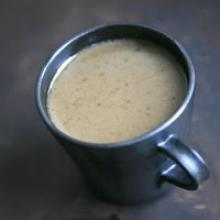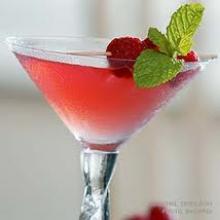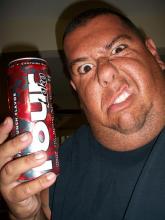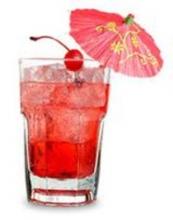Anger Gene May Be Isolated
I was a charming teenager.
See, my grandparents were both alcoholics; in fact, my grandfather died from his alcoholism (cirrhosis of the liver). Thankfully my grandmother stopped drinking after he died, though she unfortunately perished due to her other vice, which caused her to get lung cancer. Several of my other relatives have also been alcoholics, and it’s either sickened or scared me enough to know I don’t want to be one.
That said, I don’t practice abstinence from alcohol anymore. I’ve always been “the responsible one” and I don’t ever overdo it. I drink every few weeks—when I can afford a bottle of wine I like, or if I want to try a new flavor at a restaurant—and that’s about it. Of course, like many young adults, I did experience being drunk once when I was 21. I was a pretty confused drunk, I guess, and giggly, but I also got angry.
An angry drunk? Well, that wouldn’t surprise me. I’ve both met and shared blood with plenty of angry drunks.
It turns out that there might be some science behind being drunk and angry. Researchers say that a certain “red mist” gene might turn peaceniks like me into angry, even aggressive drunks when they drink. The gene, known as HTR2B, has been proven to stimulate very impulsive behavior in the people who carry it versus those who do not. It does this by affecting both the levels of serotonin and how serotonin is detected in the brain.
But hold your horses, defense attorneys; the gene itself may contribute to aggressive behavior, but the gene by itself isn’t enough to cause someone to, say, murder someone else. Other factors, including sex (females were not found to be affected, so I guess that rules out my hypothesis), are at play, too. When the gene does contribute to violent acts, the acts are typically both spontaneous and senseless—not premeditated in the least.
Perhaps, with further study, this gene could be used in defense of people who commit violent acts—though, if it is, I would hope that if released, such defendants would be required to abstain from alcohol completely in order to prevent the aggression from occurring again—and, if it does, perhaps the gene wasn’t to blame in the first place.








